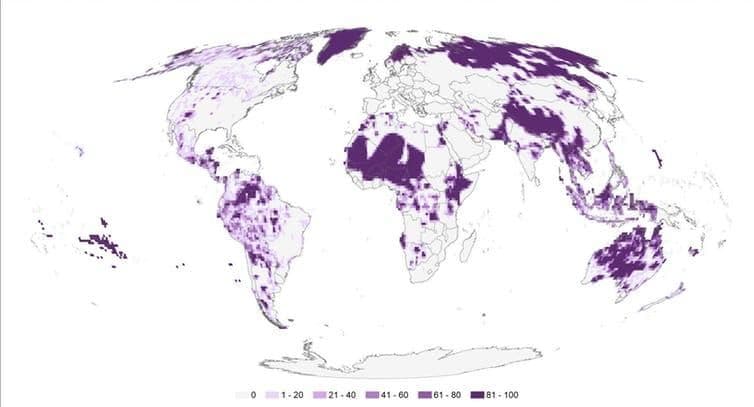Nearly Half a Billion People Identify as Indigenous Globally, Facing Persistent Challenges

An estimated 476 million people worldwide identify as Indigenous, a population size that, if considered a single country, would rank as the world's third most populous, trailing only China and India. This significant demographic, however, grapples with a complex and often ambiguous definition of what constitutes "Indigenous," as highlighted by The New Yorker in a recent social media post: > "Today, nearly half a billion people qualify as Indigenous. If they were a single country, it would be the world’s third most populous, behind China and India. Exactly who counts as Indigenous, however, is far from clear."
Despite their substantial numbers, Indigenous Peoples represent only about 6% of the global population but account for approximately 19% of the world's extreme poor, according to the World Bank. This disproportionate poverty underscores a range of severe challenges, including limited access to basic services, education, infrastructure, and job opportunities. Life expectancy for Indigenous Peoples can be up to 20 years lower than that of non-Indigenous populations.
A primary concern is the ongoing threat to their traditional lands and resources. Industrial development, including mining and oil extraction, endangers nearly 60% of Indigenous lands across 64 countries, often leading to forced displacement without adequate compensation. Climate change exacerbates these vulnerabilities, displacing Indigenous communities at seven times the global rate and threatening their traditional practices and livelihoods.
The concept of "Indigenous" often relies on self-identification, cultural distinctiveness from dominant societies, and ancestral ties to traditional territories. International bodies like the United Nations and the International Labour Organization have adopted declarations and conventions, such as the UN Declaration on the Rights of Indigenous Peoples (UNDRIP), to affirm their rights to self-determination, culture, identity, and land. However, implementation remains a significant hurdle, with many Indigenous communities still excluded from decisions directly affecting their lives and territories.